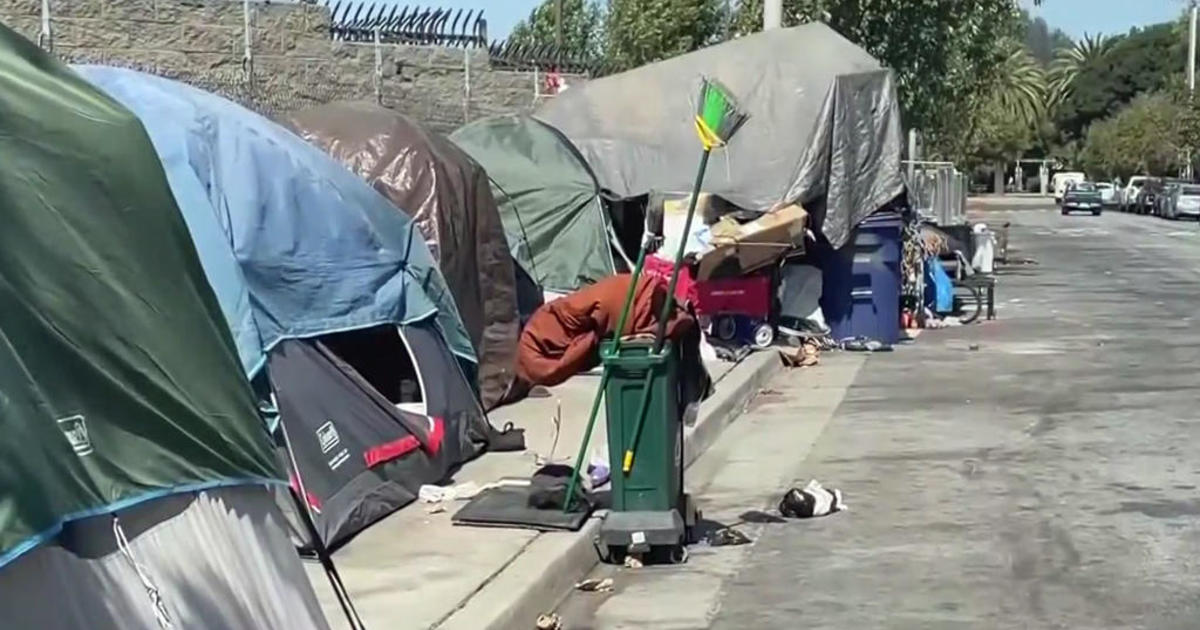KCBS In Depth: The Nuclear Fallout From Japan
SAN FRANCISCO (KCBS) -- It has been a little over a week since a deadly earthquake and tsunami struck Japan and the after-effects are far reaching.
Japanese officials said more than 8,400 people are dead and more than 12,000 are still listed as missing.
The massive 9.0-magnitude quake has also caused extensive damage to nuclear plants in the country, bringing about a growing fear in Japan and worldwide about the spread of radioactive materials.
KCBS In Depth: Interview With Dr. Kirk Smith
Dr. Kirk Smith, a professor of global environmental health and director of the global health and environmental program at the UC Berkeley School of Public Health, studies the health effects of air pollution, but his past work also focused on the health effects of radiation exposure, including following the Chernobyl disaster in 1986.
Smith said the situation in Japan is quite a bit different. "This is a very different business," he said. "In the Chernobyl accident, there was no containment and the fuel that burned along with the graphite core that was actually flammable sent a plume of highly radioactive material up into the stratosphere, where it got picked up by the jet stream. That's why we measured it so far away."
While Smith said he understands the concerns of Californians, he said the people most threatened are the workers near these plants. "The biggest impact will be in the workers, who are heroic in these settings as they have to go in and fix things," said Smith. "It's the weakness of this technology because when everything's working fine, it's great. When something goes wrong, you have to send somebody to fix it."
And for those people rushing out to buy potassium iodide, Smith said that could be more dangerous than any potential exposure to radiation from Japan.
"It's actually a very bad idea. Potassium iodide has a lot of side effects. You shouldn't take any medication unnecessarily, but this is an example," he said. "There are actually fatal side effects in some cases. It's rare, but you certainly don't want to put yourself at risk of that when there's no benefit at all. The risks coming in from the radiation are many times lower than the risks that we get from radiation on a daily basis."
Smith said much of the potential danger for radiation exposure will depend on the winds and any harmful materials entering the jet stream. But he is also confident in the fact that scientists know more about the health effects of radiation than any other environmental pollutant and also have extremely sensitive instruments for measuring radiation.
(© 2011 CBS Broadcasting Inc. All Rights Reserved. This material may not be published, broadcast, rewritten, or redistributed)



